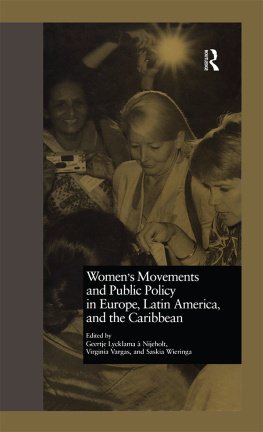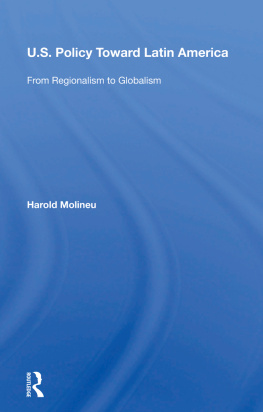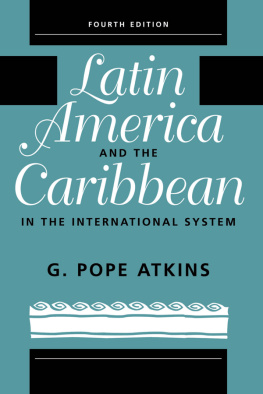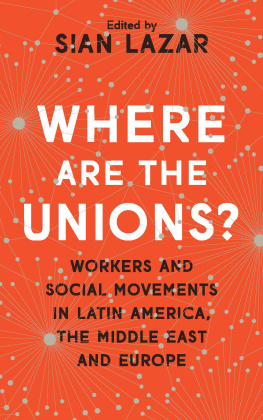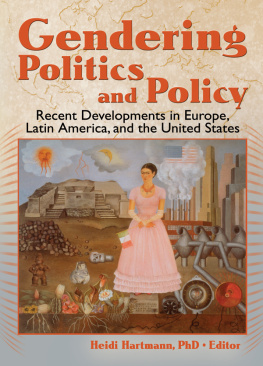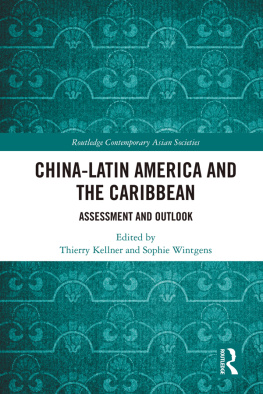Geertje A. Nijeholt - Womens Movements and Public Policy in Europe, Latin America, and the Caribbean
Here you can read online Geertje A. Nijeholt - Womens Movements and Public Policy in Europe, Latin America, and the Caribbean full text of the book (entire story) in english for free. Download pdf and epub, get meaning, cover and reviews about this ebook. City: London, year: 2019, publisher: Routledge, genre: Science / Politics. Description of the work, (preface) as well as reviews are available. Best literature library LitArk.com created for fans of good reading and offers a wide selection of genres:
Romance novel
Science fiction
Adventure
Detective
Science
History
Home and family
Prose
Art
Politics
Computer
Non-fiction
Religion
Business
Children
Humor
Choose a favorite category and find really read worthwhile books. Enjoy immersion in the world of imagination, feel the emotions of the characters or learn something new for yourself, make an fascinating discovery.
- Book:Womens Movements and Public Policy in Europe, Latin America, and the Caribbean
- Author:
- Publisher:Routledge
- Genre:
- Year:2019
- City:London
- Rating:3 / 5
- Favourites:Add to favourites
- Your mark:
- 60
- 1
- 2
- 3
- 4
- 5
Womens Movements and Public Policy in Europe, Latin America, and the Caribbean: summary, description and annotation
We offer to read an annotation, description, summary or preface (depends on what the author of the book "Womens Movements and Public Policy in Europe, Latin America, and the Caribbean" wrote himself). If you haven't found the necessary information about the book — write in the comments, we will try to find it.
Womens Movements and Public Policy in Europe, Latin America, and the Caribbean — read online for free the complete book (whole text) full work
Below is the text of the book, divided by pages. System saving the place of the last page read, allows you to conveniently read the book "Womens Movements and Public Policy in Europe, Latin America, and the Caribbean" online for free, without having to search again every time where you left off. Put a bookmark, and you can go to the page where you finished reading at any time.
Font size:
Interval:
Bookmark:
Garland Reference Library of Social Science Volume 1128
Feminist Dialogues on Third World
Womens Literature and Film
edited by Bishnupriya Ghosh
and Brinda Bose
and Public Policy
in Europe, Latin America,
and the Caribbean
edited by Geertje Lycklama a Nijeholt,
Virginia Vargas, and Saskia Wieringa
Geertje Lycklama Nijeholt,
Virginia Vargas, and Saskia Wieringa

2 Park Square, Milton Park, Abingdon, Oxon 0X14 4RN
52 Vanderbilt Avenue, New York, NY 10017
Product or corporate names may be trademarks or registered trademarks, and are used only for identification and explanation without intent to infringe.
Womens movements and public policy in Europe, Latin America, and the Caribbean / edited by Geertje Lycklama Nijeholt, Virginia Vargas, and Saskia Wieringa.
Virginia Vargas and Saskia Wieringa
Geertje Lycklama Nijeholt, Joke Swiebel and Virginia Vargas
Hermione McKenzie
Jeanine Anderson
Jacqueline Pitanguy
Marta Lamas
Natacha Molina G.
Joyce Outshoorn and Joke Swiebel
Beatrice Halsaa
Font size:
Interval:
Bookmark:
Similar books «Womens Movements and Public Policy in Europe, Latin America, and the Caribbean»
Look at similar books to Womens Movements and Public Policy in Europe, Latin America, and the Caribbean. We have selected literature similar in name and meaning in the hope of providing readers with more options to find new, interesting, not yet read works.
Discussion, reviews of the book Womens Movements and Public Policy in Europe, Latin America, and the Caribbean and just readers' own opinions. Leave your comments, write what you think about the work, its meaning or the main characters. Specify what exactly you liked and what you didn't like, and why you think so.

